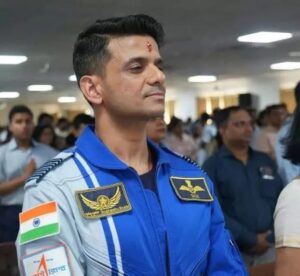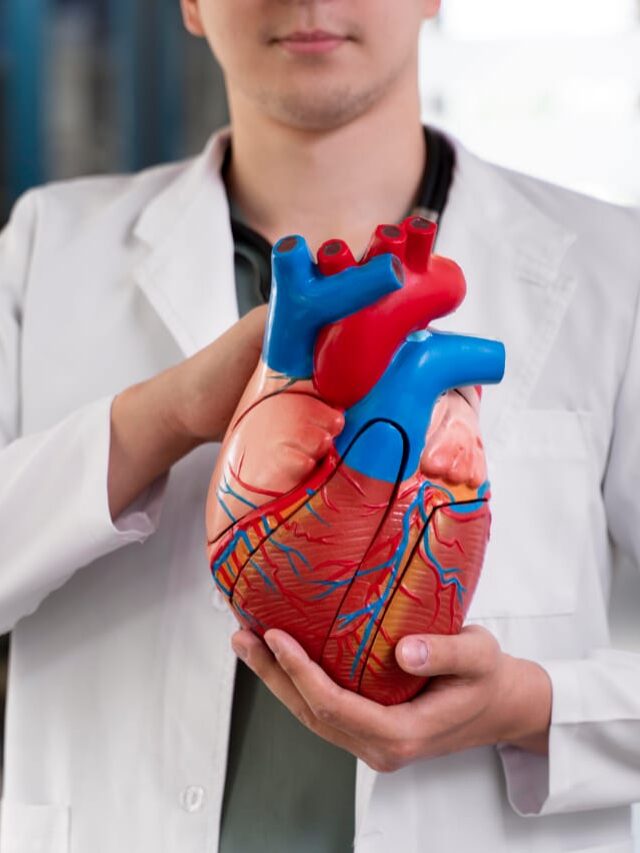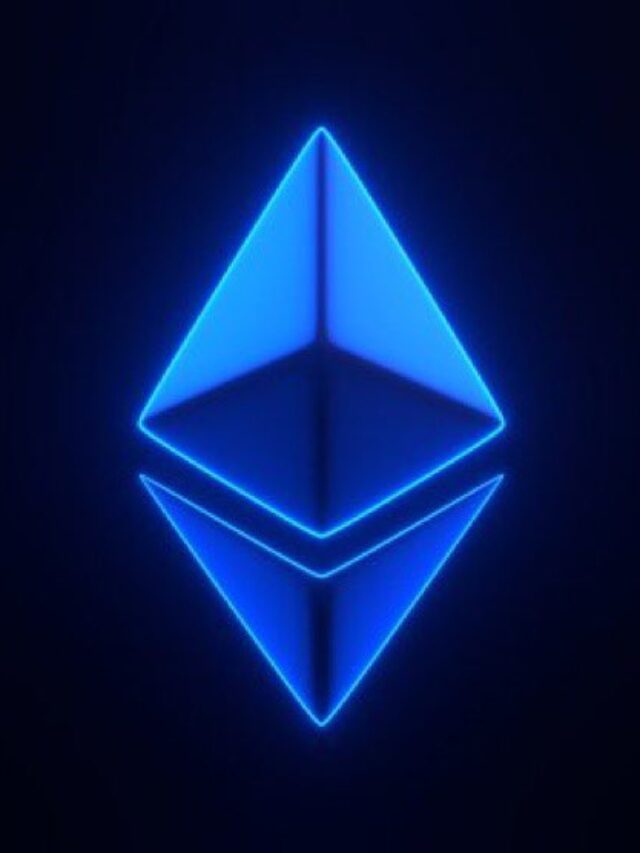On Friday, Indian astronaut Shubhanshu Shukla will engage with students and ISRO scientists.
On Friday, astronaut Shubhanshu Shukla will engage with school students and scientists from the Indian Space Research Organisation (ISRO).
Shukla and three other astronauts are participating in the Axiom-4 space mission, a 14-day scientific expedition to the International Space Station.

As reported by the news agency PTI, the Amateur Radio on International Space Station (ARISS) announced that Friday’s interaction will occur via ham radio, with a telebridge established at Bengaluru’s U R Rao Satellite Centre.
Ham radio is a non-commercial radio communication service regarded as dependable during disasters when conventional means of communication are unavailable.
The interaction will take place as part of the ARISS programme, which provides opportunities for radio communication between students and astronauts on the ISS.
“Get in touch with India soon!” @Axiom_Space #Ax4 crew member Shubhanshu Shukla, VU2TNI, will communicate with the UR Rao Satellite Centre (URSC) in Karnataka via ham radio from the Space Station. ARISS posted on X, announcing a schedule for Fri. July 4 at 10:17 UTC, 6:17 AM ET, and 3:47 PM ISS via the K6DUE telebridge.
The scientific experiments conducted by the Axiom-4 crew aboard the ISS
The Axiom-4 crew will conduct a series of scientific experiments during their brief stay at the ISS. On Sunday, Shukla carried out the space microalgae experiment, in which he took images of the algae strains after placing sample bags at his orbital position.
Axiom Space stated that organisms could be significant for the future of space exploration, providing a sustainable and “nutrient-rich food source” for extended space missions.
In addition, the team contributed to the Neuro Motion VR project, which involved astronauts wearing VR headsets and performing attention-based tasks. Their brain activity is monitored with functional near-infrared spectroscopy during this period.
The crew is also working on gathering data to comprehend how spaceflight missions impact cardiovascular and balance systems, which could help with real-time monitoring of health.









